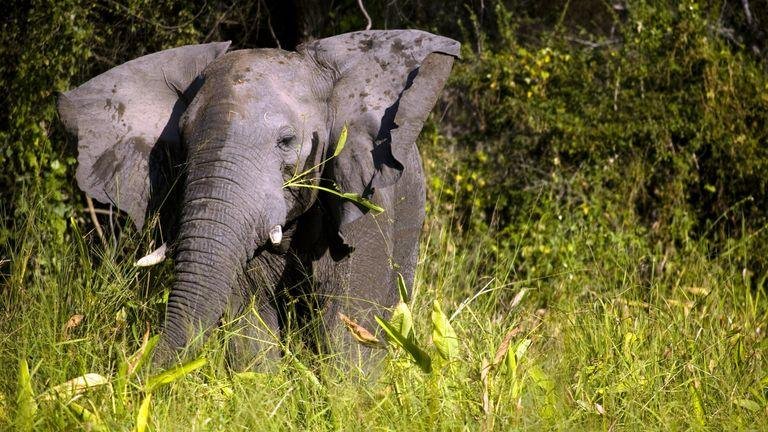Chad Ends Partnership with Prince Harry‘s African Parks Amid Controversy
In a significant shift in wildlife conservation management, the government of Chad has officially terminated its partnership with African Parks, a non-profit organization partially overseen by Prince Harry, the Duke of Sussex. This decision, announced by Chad’s Environment Minister Hassan Bakhit Djamous, stems from allegations of inadequate investment in wildlife reserves and insufficient measures to combat poaching.
Background of the Partnership
African Parks has been instrumental in managing wildlife reserves across Africa since its inception in 2000. The organization currently oversees 22 national parks and protected areas in 12 countries, including two key reserves in Chad: the Ennedi Natural and Cultural Reserve and the Greater Zakouma Ecosystem, which encompasses Zakouma and Siniaka Minia national parks. The partnership, which began 15 years ago, aimed to restore elephant populations and implement anti-poaching initiatives in these vital ecosystems.
Historically, Chad has faced significant challenges in wildlife conservation, primarily due to poaching and habitat loss. The elephant population in Zakouma National Park, for instance, saw a notable increase from 450 in 2010 to over 550 by 2019, thanks in part to the efforts of African Parks. However, the recent decision to sever ties indicates a growing dissatisfaction with the organization’s performance.
Government’s Concerns
Minister Djamous articulated the government’s grievances, stating that African Parks exhibited a “recurring indelicate and disrespectful attitude toward the government.” This sentiment reflects a broader concern among African nations regarding the management of their natural resources by foreign entities. The government’s withdrawal of African Parks’ mandate underscores a desire for greater autonomy in wildlife management and a call for accountability from international organizations.
African Parks’ Response
In light of the government’s announcement, African Parks has expressed its intention to engage in discussions to better understand Chad’s position. The organization aims to explore potential pathways to continue supporting the protection of these critical landscapes. “We are committed to conservation and will work to find the best way forward,” the organization stated in a recent communication.
This situation is not unique to Chad. Across Africa, various countries have grappled with the complexities of foreign involvement in conservation efforts. While international organizations often bring expertise and funding, they can also face criticism for perceived insensitivity to local governance and cultural contexts.
Broader Implications for Conservation
The termination of this partnership raises questions about the future of conservation efforts in Chad and similar regions. The relationship between local governments and international NGOs is often fraught with tension, particularly when it comes to balancing ecological sustainability with local needs and governance. The challenge lies in fostering collaborations that respect local authority while effectively addressing conservation goals.
Moreover, this incident comes on the heels of other controversies surrounding African Parks. Earlier this year, the organization acknowledged human rights abuses committed by park guards in the Republic of Congo, where allegations surfaced regarding the mistreatment of indigenous people displaced by park construction. Such incidents have sparked debates about the ethical implications of conservation practices and the need for comprehensive oversight.
Prince Harry’s Charitable Endeavors
This development marks another setback for Prince Harry’s philanthropic efforts. Earlier in 2023, he stepped down from Sentebale, an organization he co-founded to support children orphaned by AIDS in Botswana and Lesotho. The withdrawal from African Parks further complicates his public image as a champion of charitable causes, particularly in the realm of wildlife conservation.
Prince Harry’s involvement with African Parks has often been highlighted as part of his broader commitment to environmental issues. However, the recent controversies may challenge the perception of his effectiveness in these roles. As public scrutiny intensifies, the Duke may need to reassess his approach to philanthropy and the partnerships he chooses to engage with.
Conclusion
Chad’s decision to end its partnership with African Parks serves as a critical reminder of the complexities involved in wildlife conservation. It highlights the need for respectful and effective collaboration between local governments and international organizations. As the landscape of conservation continues to evolve, the focus must shift toward sustainable practices that prioritize local governance and community involvement. The future of wildlife reserves in Chad now hangs in the balance, as both the government and conservationists seek a path forward that honors the delicate ecosystems they aim to protect.











